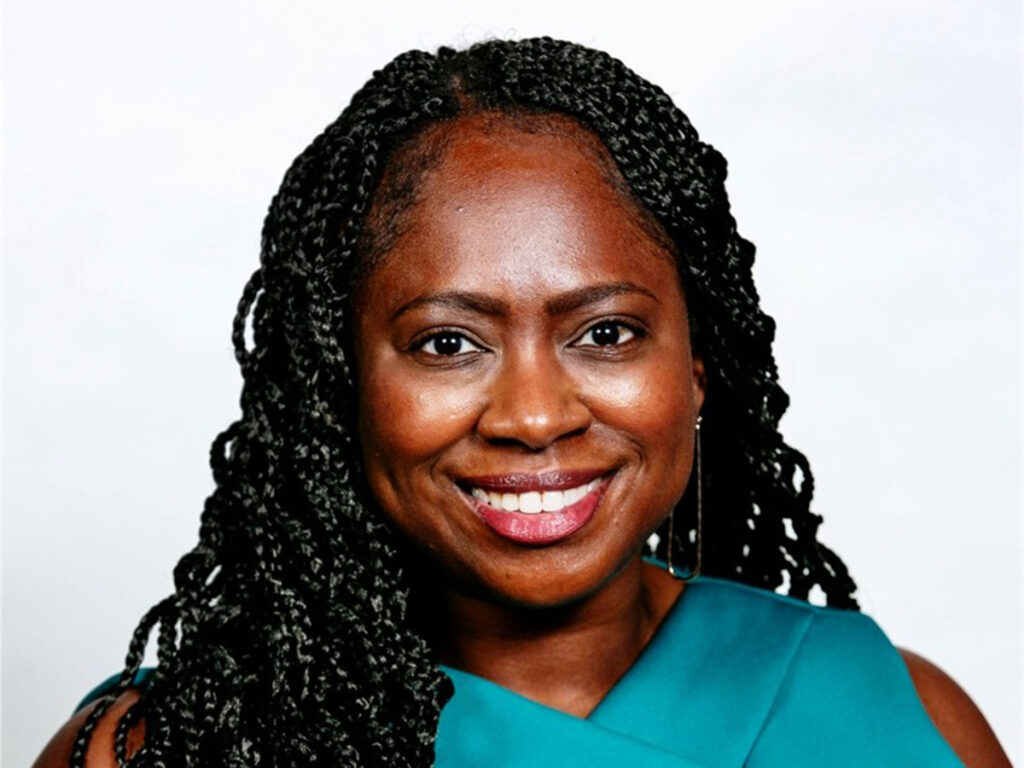Focusing on Expression at Emerson

In order to respond to the changing environment on college campuses, Emerson has updated its policies and procedures for the new academic year to allow speech and expression to occur in a manner that supports campus safety and operational continuity.
Emerson College’s motto, “Expression Necessary to Evolution,” has long helped inform its commitment to speech and dialogue for many years, and the College remains committed to free speech and civil dialogue as core principles and values.
Last year, some community members reported feeling unsafe because of the type of rhetoric that was used, and others reported feeling unsafe because of the arrests of student protestors. These feelings have prompted important questions about how we thoughtfully balance speech and the protection of community members.
One important change is the revision of the College’s policy on speech and expression through its “Interim Policy for Authorized Campus Demonstrations.” This updated policy more clearly describes the many opportunities for expression, including a new process for reserving spaces for indoor demonstrations, while articulating limitations on time, place, and manner for demonstrations.
In addition, this summer the Emerson College Board of Trustees unanimously passed a new “Institutional Neutrality and Mutual Respect Policy” that applies to the entire College and all operating units. This policy on institutional voice states that the College will not take official positions or issue statements on complex geopolitical issues, nor will it consider political pressure in allocating resources, including its endowment investments, or when selecting strategic partners.

“Freedom of expression is a core value at Emerson, but it must be balanced with our shared responsibility for dignity, respect, and safety for all members of our community,” said President Bernhardt. “While it is essential to implement and enforce these updated policies with the start of the new semester, we invite the community’s input on these changes to inform future updates.”
The College is creating a process to formally gather and organize community input on these policies and share the feedback with administrative leaders and the board. All stakeholders, including representatives from Emerson unions and student leaders, will be engaged.
For more information about the policies and the community feedback process for all these changes, visit the new Expression at Emerson webpage.
Federal Guidance
There are clear legal obligations and guidance that have come out from the U.S. Department of Education’s Office for Civil Rights (OCR), whose mission is to ensure equal access to education and to promote educational excellence through vigorous enforcement of civil rights in our nation’s schools.
Earlier this year, the OCR issued a Dear Colleague letter reiterating the need for colleges across the country to do more to maintain a safe environment where all students can access the educational and programmatic offerings to remain in compliance with Title VI of the Civil Rights Act.
OCR specifically reminded universities of their obligations “…to ensure non-discrimination based on race, color, or national origin, including shared ancestry or ethnic characteristics, under Title VI of the Civil Rights Act of 1964 and its implementing regulations (Title VI).”
You can read the May 3, 2024 Dear Colleague letter on the DOE website.
The College will not tolerate violation of its policies against discrimination and harassment or violations of Federal or State law, including Title VI and Title VII, said President Jay Bernhardt. All incidents should be reported to the Office of Equal Opportunity for prompt review, investigation, adjudication, and appropriate accountability.
Countering Antisemitism, Islamophobia, and Other Forms of Bias
This fall, the College has also refocused its efforts related to preventing identity-based harm on campus, including bias toward Jews, Israelis, Muslims, Arabs, and Palestinians as a result of the conflict in the Middle East, along with all other protected groups.
To specifically address issues of Antisemitism and Islamophobia, Emerson will develop and implement new educational programs and training, partner with outside organizations, and lead religious and interfaith programs through our Center for Spiritual Life. The intent of these programs is to increase understanding through education and dialogue.
On the issue of Antisemitism and Jewish Life, Emerson has expanded its partnership with Hillel International and will create new programs informed by the Anti-Defamation League, the Academic Engagement Network, and the Emersonians Against Campus Antisemitism (EMACA) faculty and staff group. Similar partnerships will be developed to support programming to support Muslim students and address Islamophobia within our community.
Please email spiritual_life@emerson.edu to get involved.
Updates to Community Code and Standards
Also new this semester are several updates and additions to the Community Code of Standards made as part of an annual review.

“We want our students to know that we are committed to hearing you and will continue to listen, ensuring our policies and processes are intentionally updated to reflect the times,” said Interim Vice President and Dean of Campus Life Christie Anglade. “We have specifically targeted actions that have contributed to a hostile environment and have revised our policies to prohibit such behaviors.
“We will continue to explore new opportunities and avenues to gather input, ensuring our community remains a place where all members can thrive, learn, and achieve their full potential,” she said.
The changes are informed by feedback from student leaders, students who have participated in the process, faculty, staff, insights from open forums on campus, and new situations that arise, Anglade said.
Among this year’s changes is updated language that replaces unnecessary legalese, something students and others said they found intimidating, with verbiage that more accurately reflects an academic environment, Anglade said. Likewise, she said community members asked for more clarity and specificity within policies, which has been added.
“Our goal remains to create an inclusive atmosphere where students can advance their studies without disruption or distraction while we work together to rebuild and strengthen our community,” said President Bernhardt.
Categories